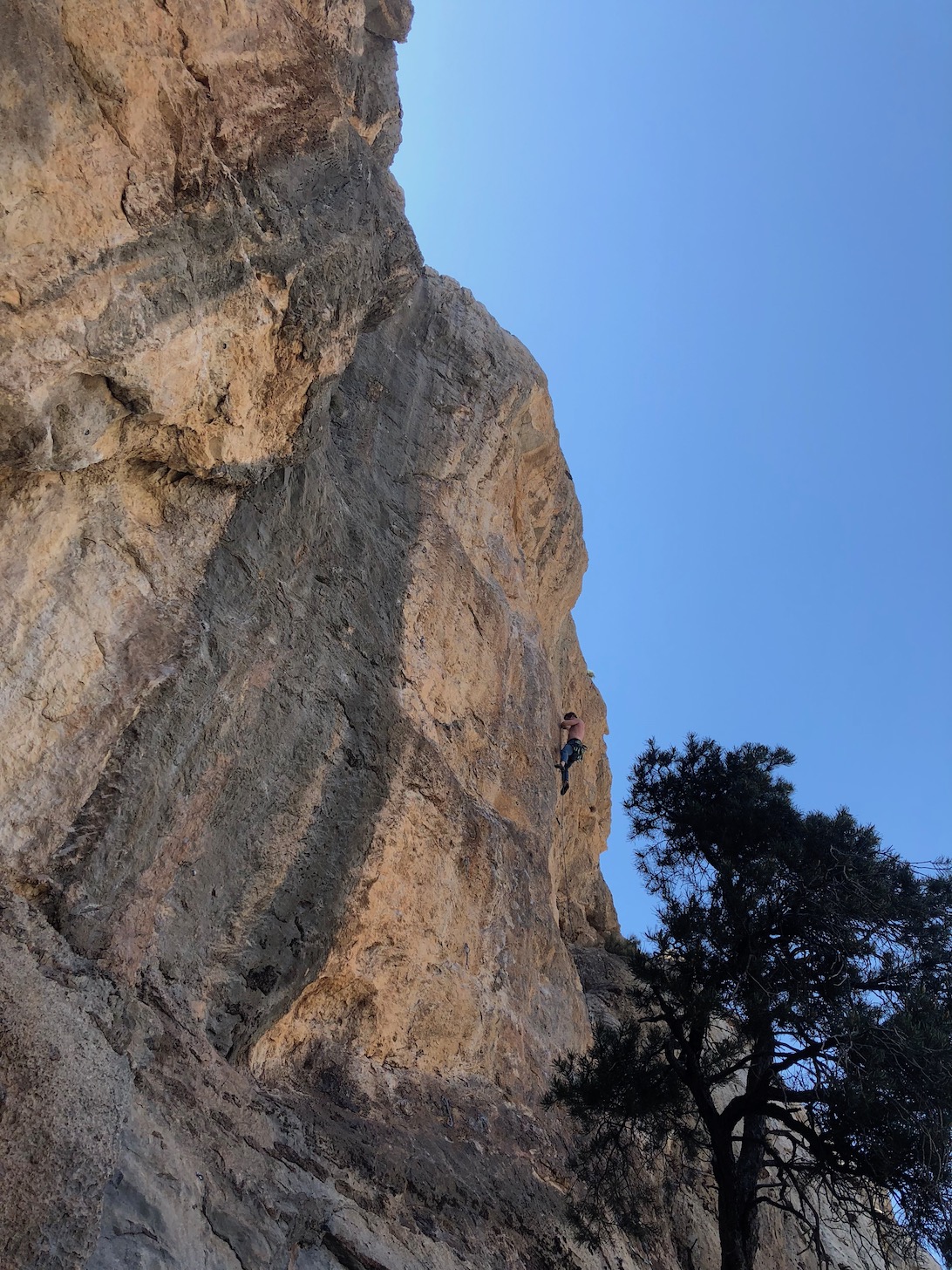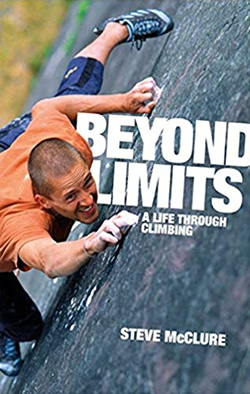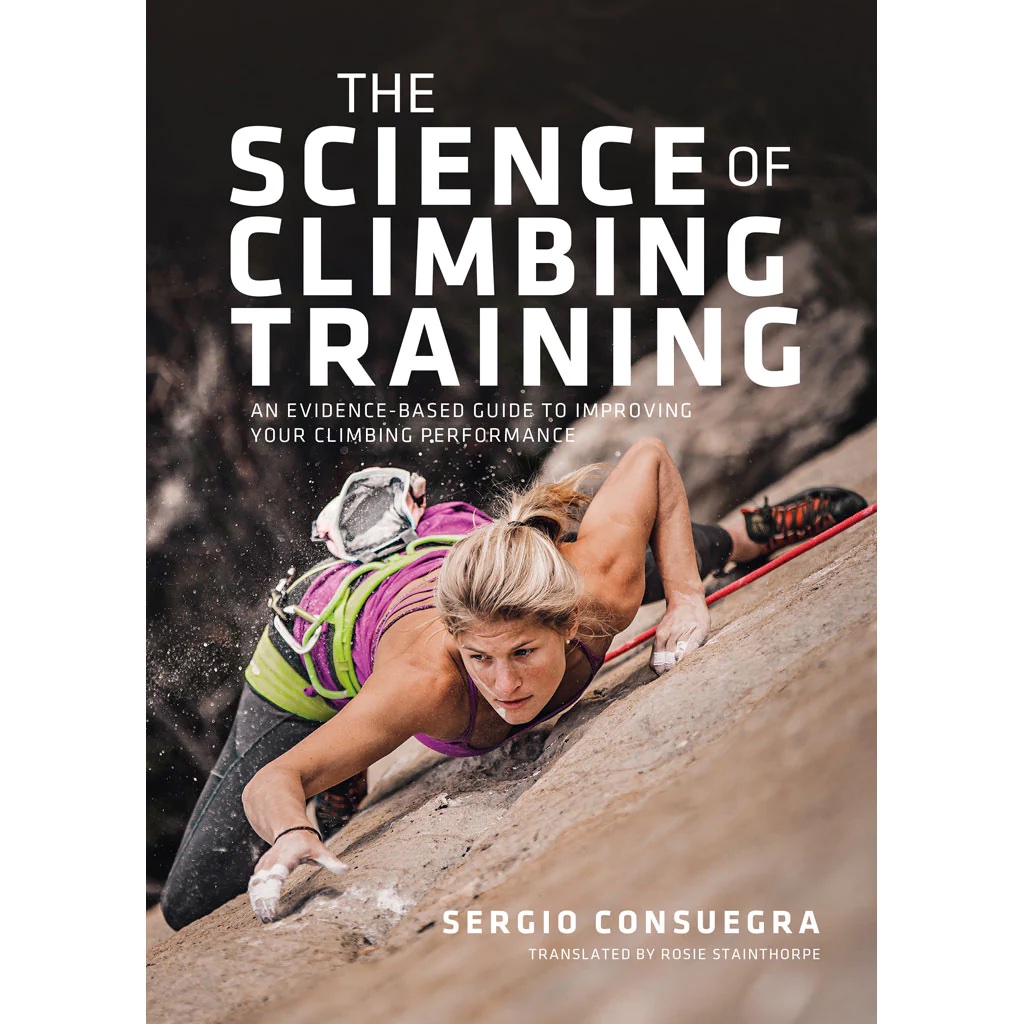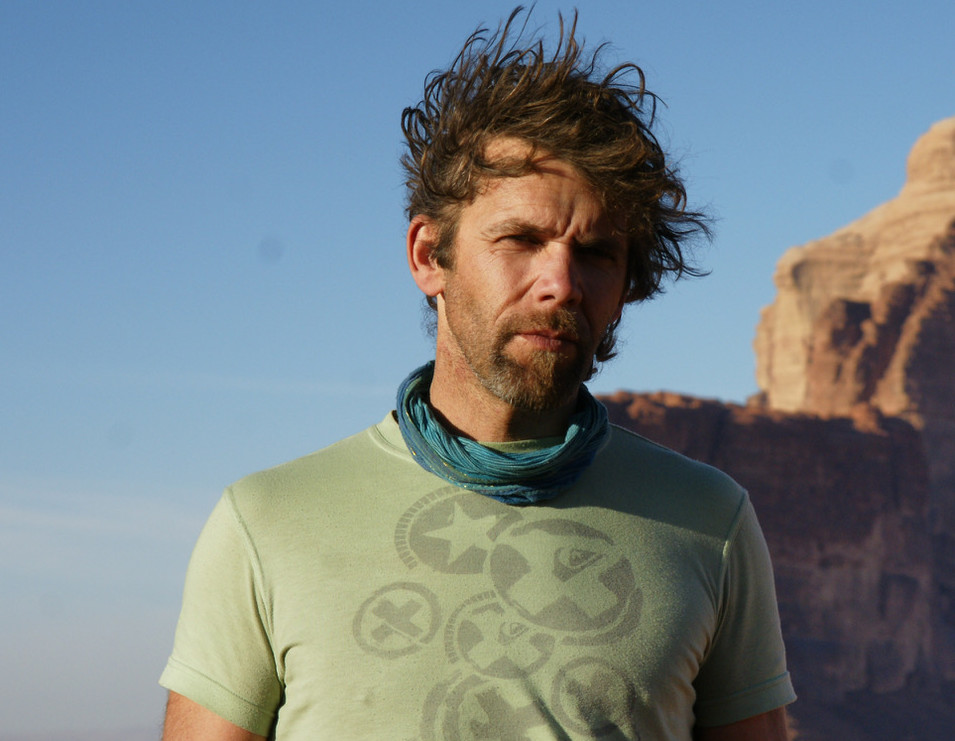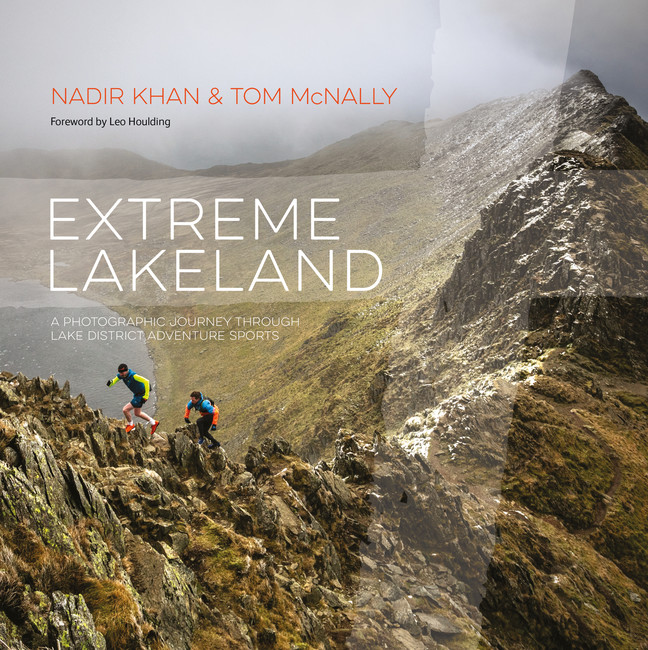This guest article comes from Clipping Chains, a website predominately for US climbers. Chalkbloc were asked if we wanted to explore the topic of financial security in climbing, and we thought this perspective might be of interest to some. Read on to find out more.
Full Pursuit of Climbing Isn’t Full Freedom After All
The common sentiments expressed in the climbing world are admittedly very alluring: follow your dreams, reject societal norms, and climb as much as possible. Collect experiences and freedom instead of material objects and wealth. I get that, and I understand the magnetic pull of rock climbing. After all, this is the world’s best sport, right?
The problem with sliding life’s other ambitions to the backburner is that we are often trading financial stability. More broadly, we might also be trading balanced life satisfaction. In the US at least, the glorification of the dirtbag can unfortunately be a glorification of immediate gratification. Instead of gaining the experience of using grit and determination to find a work/life balance, are we just defaulting to the object of our immediate desires? It wouldn’t be fair to point the finger at all who embrace the dirtbag lifestyle.
Certainly, some are leveraging the power of online gigs to live a fully-funded digital nomad life, at least for now. Instead of considering the social implications of foregone financial stability, are we putting too much emphasis on the experiences of our youth in exchange for long-term well-being and healthy relationships? Are we bypassing crucial and meaningful learning experiences that will serve us for decades to come?
What?! I Just Want to Climb!
Now, before you scroll to the bottom to leave an angry comment, let’s first recognize that I am an equally obsessive climber who wants the same things: full freedom to pursue climbing and meaningful, deep work backed by a very strong financial base. But how can that be? How can we climb a lot, be financially secure, and still do other meaningful work? Isn’t there only one of two solutions: be focused on climbing (with often associated low-paying work) OR be focused on a career? I’m happy to explain that we can have our cake and eat it too. Below I’ll briefly explain how increasing our savings rate and using money as a vehicle can provide true and lasting freedom.
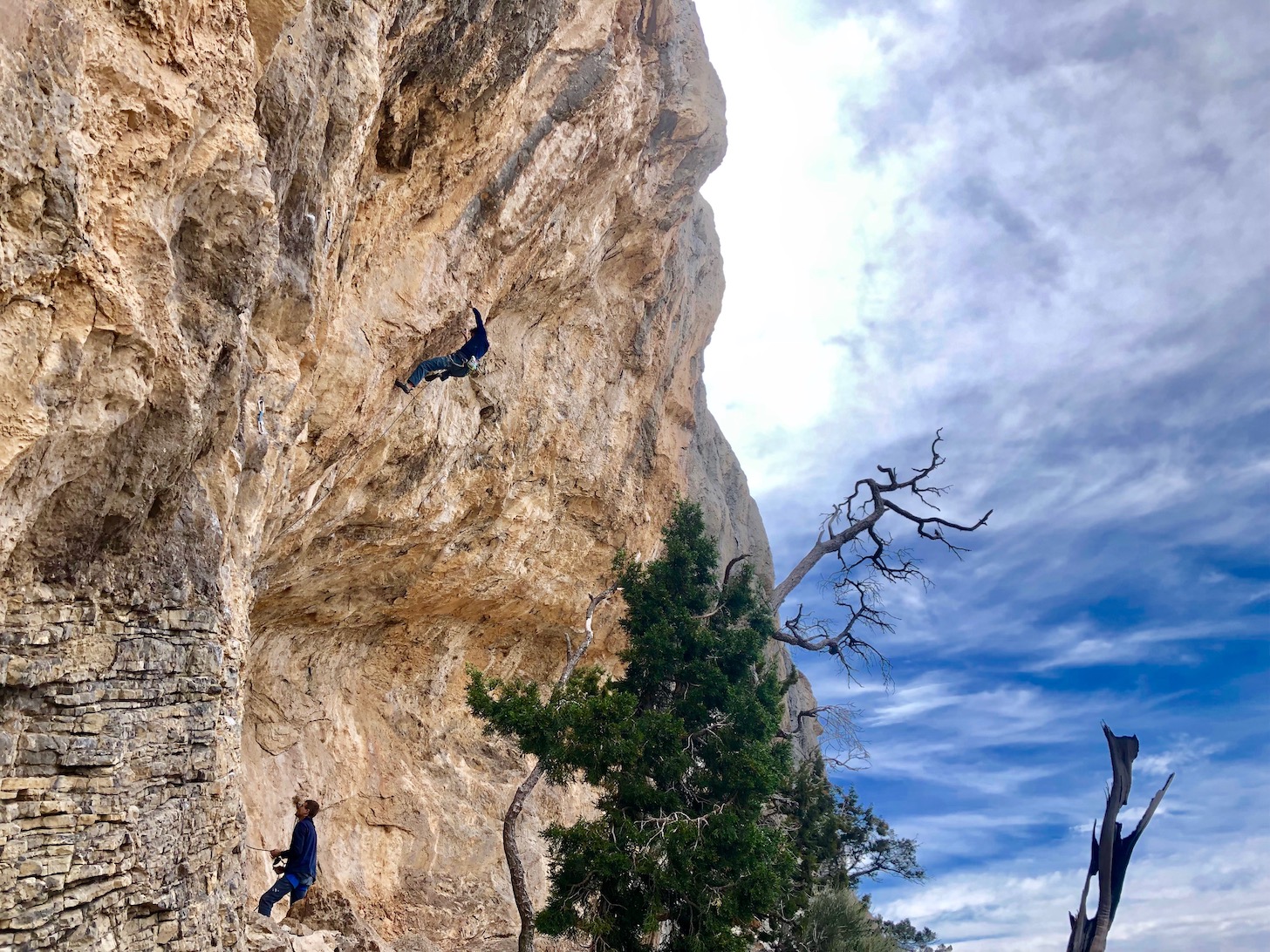
A climber on Treebeard (5.13c), Wailing Wall, Utah. Photo: Clipping Chains
Frugality
Generally speaking, climbers have a penchant for embracing a strict moral and ethical code of lifestyle simplicity. I love it. We generally don’t shroud ourselves in material possessions, aren’t concerned with glamour and glitz, and keep unnecessary bathing to a minimum ;) (I don’t know if you folks in the UK like keyboard smiley faces, but you need to know I’m joking).
The obvious benefit of this life outlook is that we can keep expenses low. In many developed nations, savings rates are abysmally low, and are generally the result of lifestyle inflation: increased spending with increased income. Let’s just speak generally and say that climbers are good at not spending money. But that might be because we don’t have much.
Income
This is where things fall apart. Remember when I said above that climbers operate on a strict moral and ethical code? Yes, we do, and this can be to our detriment. Money is seen as taboo, viewed as a conflicting goal at odds with a wealth of experiences in the mountains or at the crag. And I agree, striving for money only to spend it is a misplaced priority.
However, as evil as money may seem, we all need it. And we will always need it, provided we aren’t returned to Mesopotamia, where we trade a handful of seeds and a loin cloth for a few sun-dried strips of horse meat. I digress.
Let’s for a moment lay down our iron shield of morality and ask ourselves what’s really wrong with making more money. How about if we re-frame money as a vehicle to freedom, not as something that must be made and immediately spent? Does that make you feel better about it?
Ahh, I feel better already. In this context, I assure you that money isn’t so bad. Money can be used as a tool for ultimate life satisfaction: experiences, time for meaningful and purpose-driven work, and stability.
Savings Rate
Let’s think about ways we can use the income we already have – or even better – increase it. And since we already have a penchant towards frugality, let’s begin to consider ways to increase the margin between money in and money out. Let’s ultimately aim to save at least 50% of our income.
Saving 50% of our income is a buy-one-get-one-free proposition. For every year we save 50% of our income, we are buying ourselves a year of freedom. But we can do even better.
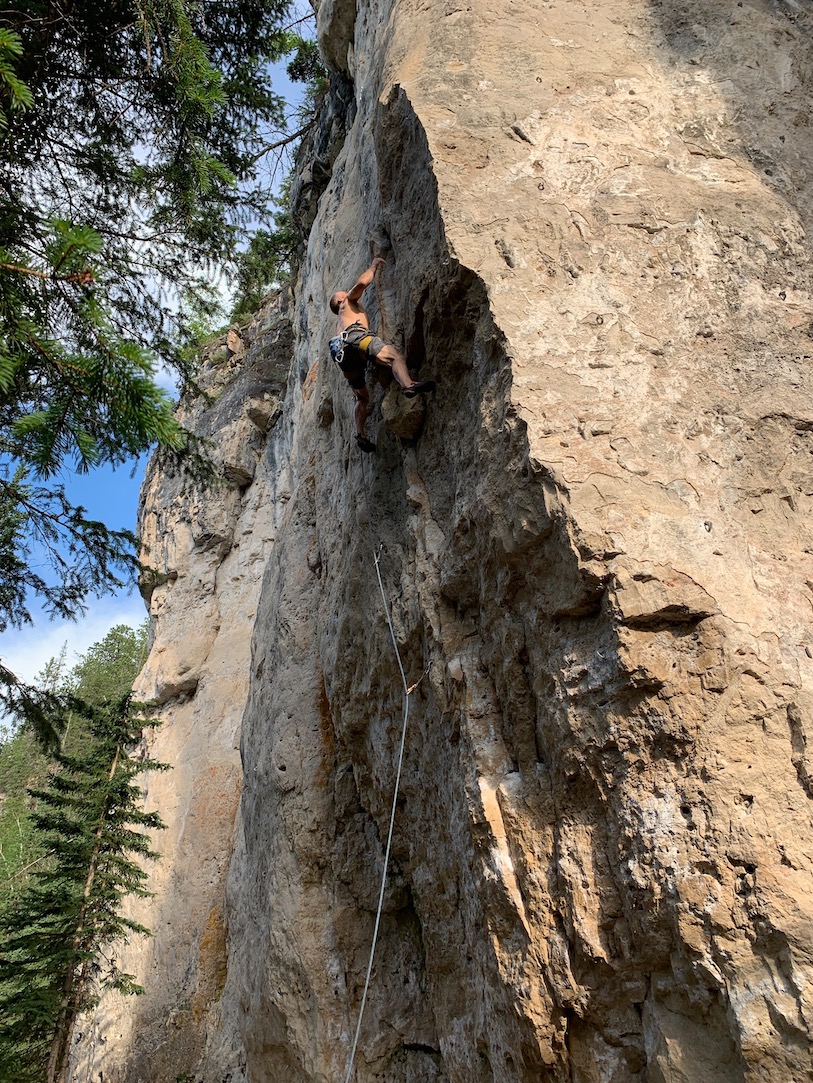
The author on Death Star (5.12b), Spearfish Canyon, South Dakota
Invest in Your Freedom
Investing. Oh boy, here’s where I really struggle to break through to the climbing community. Talk of the stock market, real estate, and really any vehicle of investing is viewed with very heightened suspicion. The reasons are many, but I suspect we are either:
1) dubious of the goals of investment (make more money to spend more money);
2) are afraid we are effectively “rolling the dice” with our hard-earned dollars (or euros, or pounds).
Everyone has some uncle that “has lost thousands” in the stock market. Well, your uncle did it wrong. To find freedom, we need our savings to outpace inflation, the natural rise in price of goods and services (2-4% per year globally). We need a vehicle that will allow the value of our money to grow faster while we work on our crimp strength.
I don’t want to take any more of this post to dive into the particulars of investing. But trust me, this isn’t complicated. My wife and I take a simple, passive, and long-term approach. For more on our (admittedly US-centric) method, check out this and this.
Buying Freedom and Using It
If you can save and invest 50% of your income every year, you can theoretically never work again after about 15 or so years. I should note that this proposed timeframe is largely dependent on investment returns over that time period. Once you have at least 25x your annual spending, you, my friend, are financially independent. You can do whatever the hell you want with your time.
But, maybe you don’t want or need full financial independence. Even a handful of years with this strategy can be a sound launching board to explore an entrepreneurial venture, or at least take the extended holiday of a lifetime. If you are drawn to work that is greatly meaningful to you but pays terribly, you can gladly take that job. From a position of financial strength, we can afford to do the work that matters most to us without worrying about the monthly bills. Or perhaps we can just climb our faces off and be a fully-funded dirtbag after all. That’s an option too.
Simply put, investing the proceeds of a high savings rate is a path to full freedom. Income doesn’t matter at all – it’s all based on savings rate.
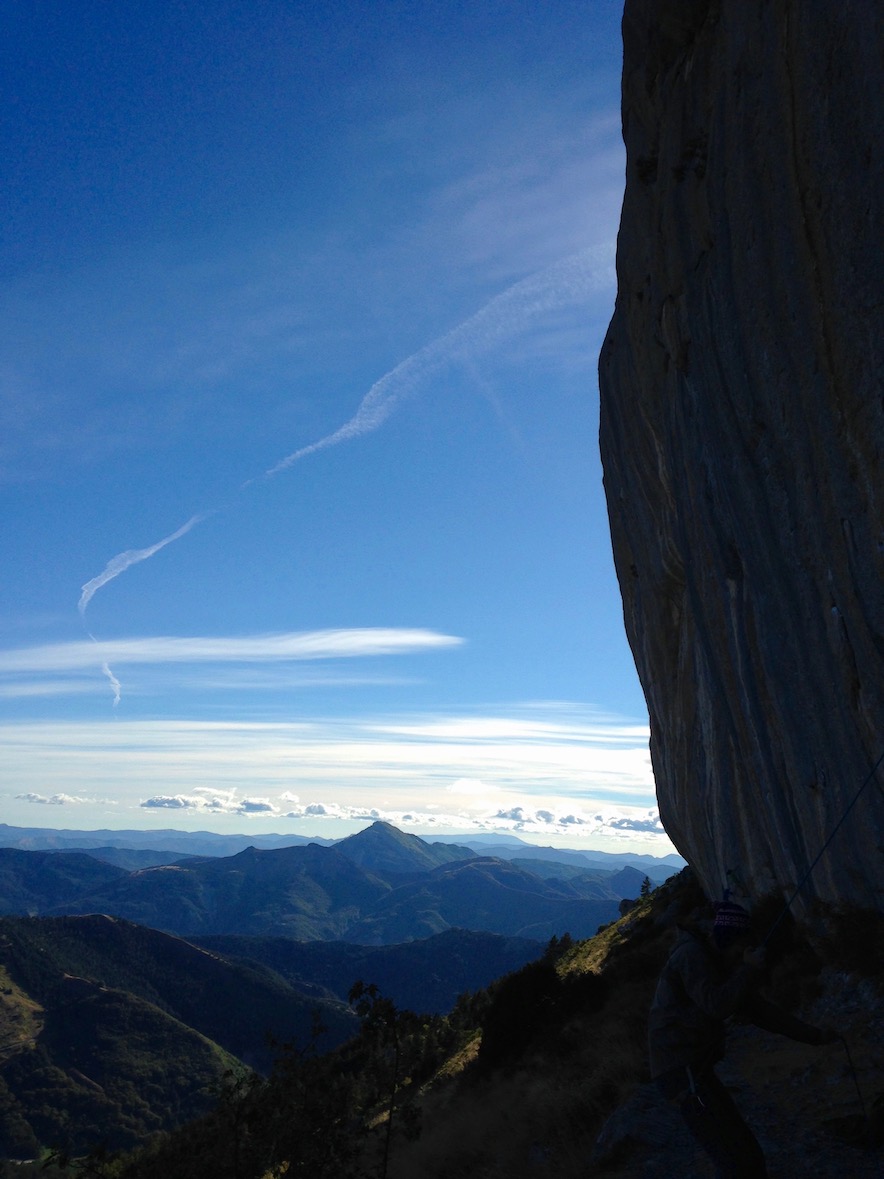
Ceuse, France.
Summary
As far as I’m concerned, climbing is the world’s greatest sport. And look what we do for it! Many of us bypass good career prospects, avoid having families, and in some cases struggle to foster meaningful relationships in exchange for the pursuit of now. We shape our lives around this sport. And I’m no different, guilty of much of this.
But our life of “now” may not be what we want in the coming decades. Are we pursuing immediate gratification in expense of our future well-being? Are we convinced that living it up today is all that matters, potentially shifting the burden of our financial security to others?
A journey of financial independence is, in my mind, the lost piece in the puzzle between two end-member paths. Many see our lives as a binary choice between being a cubicle drone and fully pursuing our passions. So, I’ll ask you today: why not do what we love and be fully-funded to do it?
Clipping Chains aims to offer 'financial independence for the rock climbing community.' The website is based around two authors who advise on how to climb and save. They say, 'we invest our savings in passive index investments and avoid trying to outsmart a completely random and unpredictable stock market.' Visit their website here.

